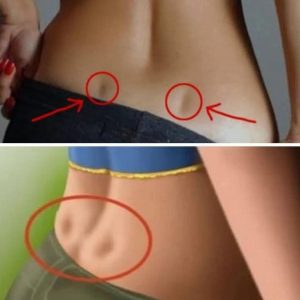In the realm of tough decisions, inmates face a crucial choice between bread and a key, a dilemma pondered since antiquity by figures like Greek philosopher Plutarch. The debate revolves around the prisoner’s survival instinct—opting for bread, a source of rapid nutrition and potential solace, over a key that guarantees release but not safety.

While a key symbolizes freedom, its use doesn’t ensure a secure escape. Without a well-thought-out plan, prisoners risk failure, encountering guards and walls. On the other hand, bread serves immediate needs, offering sustenance and even a bargaining tool for desperate situations, where it becomes both nourishment and currency.

Despite the overarching goal of escape, a prisoner’s immediate nutritional needs may prioritize bread over the key. Bread, versatile in its utility, can address immediate challenges, acting as both sustenance and a means to navigate the complexities of escape. In the end, the rational choice weighs the risks and benefits, making bread the seemingly more pragmatic decision.





